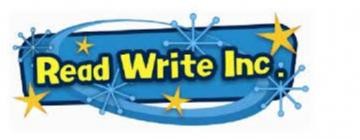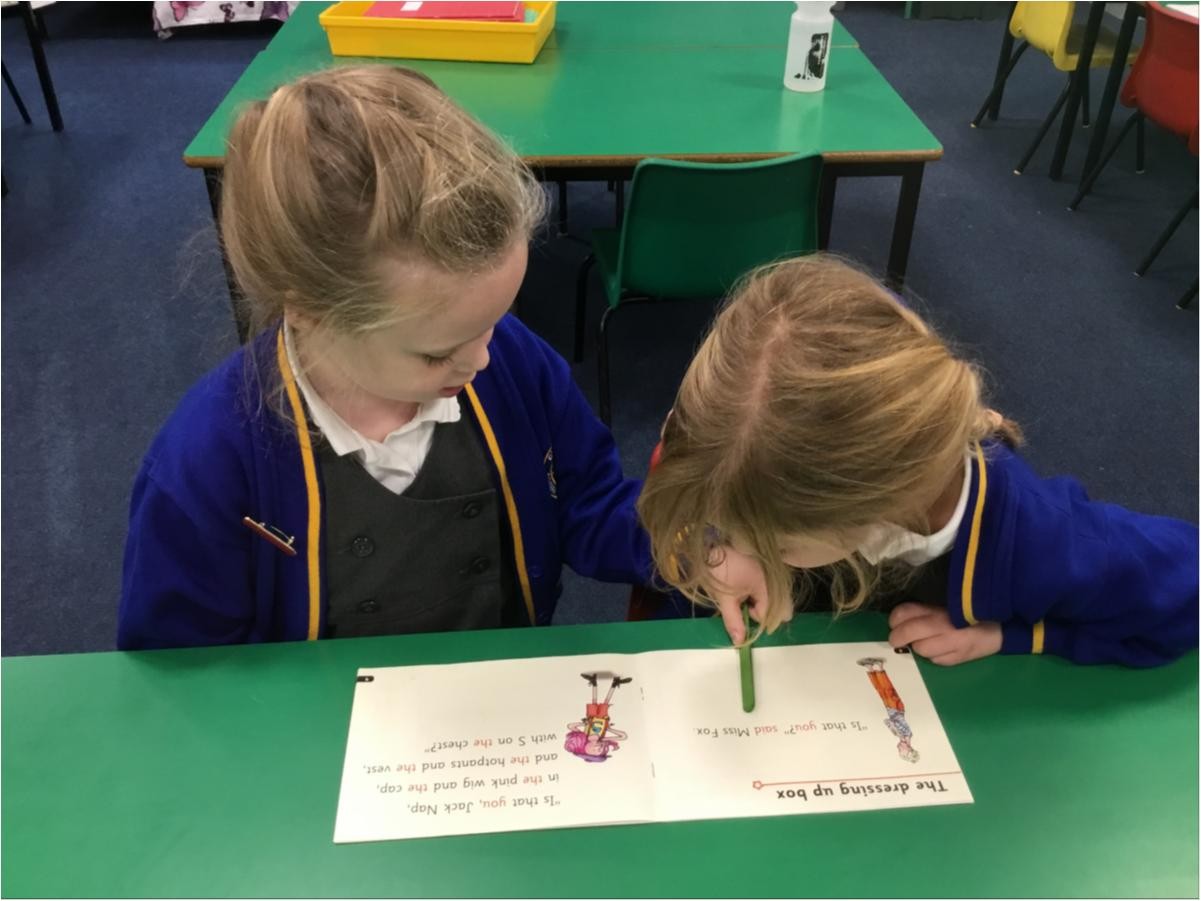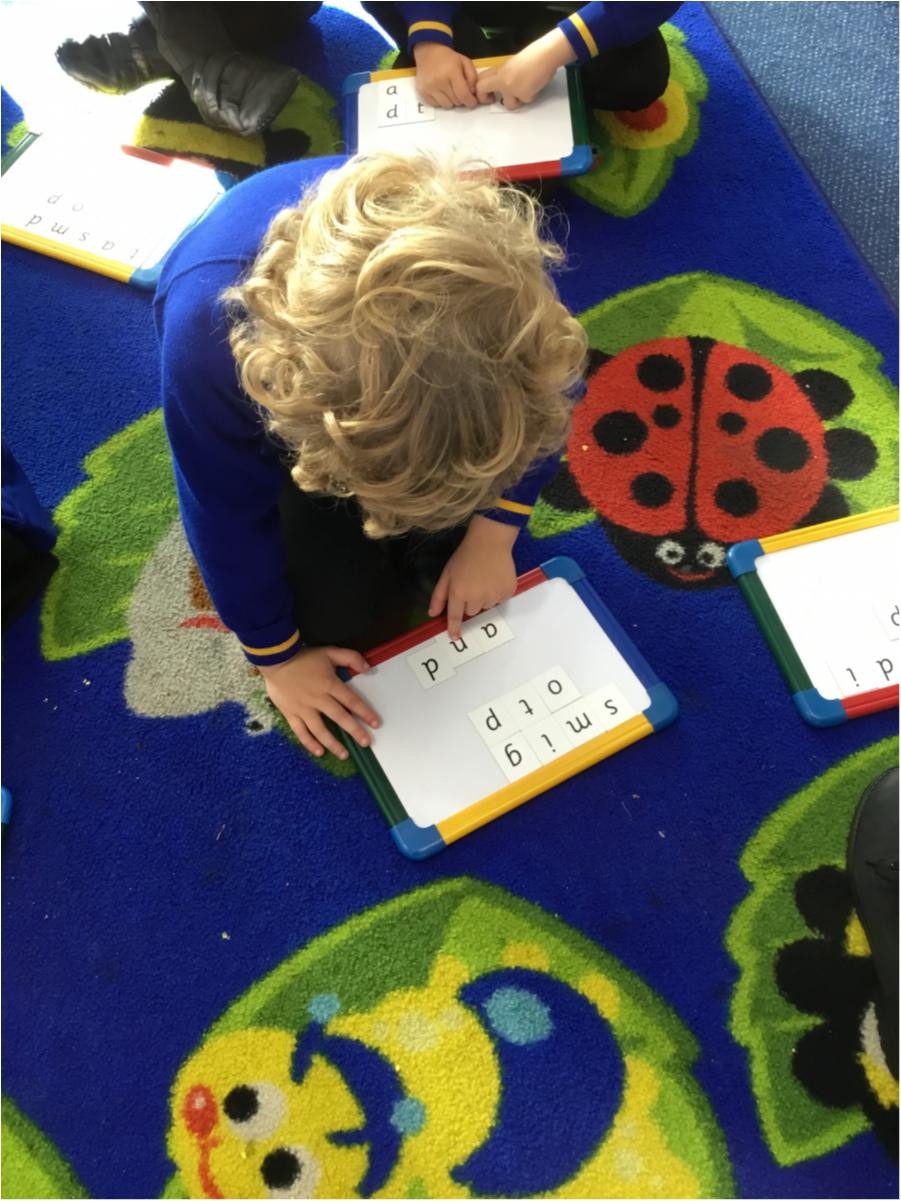
Miss Tullett
Phonics Lead
At Chadsmead, we want every pupil to learn and develop the knowledge and skills they need to be confident and fluent readers. We are passionate that every child will learn to read regardless of background, needs or abilities. We are dedicated to enabling our pupils to become lifelong readers. We aim to promote a love of reading, and hope to instil this in all children through the culture of our school.
Our reading journey begins with phonics and is taught through the published ‘Read Write Inc’ (RWI) programme and fully matches the aims of both the Early Years and National Curriculum. Phonics starts in Nursery where our children develop a love of reading through enticing story and poetry times. Children are immersed in role play, discussion, building sentences and rich vocabulary. Children are taught to say the sounds of letters with the help of RWI mnemonics. Children in Reception and KS1 then progress through the different reading stages. Home reading books are matched to children’s increasing knowledge of phonics and ‘tricky’ words so that early on children experience success. During daily story times staff create a love of reading by reading aloud a range of stories, poems, rhymes and non-fiction texts that develop children’s vocabulary and language comprehension.
Teachers at Chadsmead Primary Academy have a clear understanding of how pupils learn to read. During phonics lessons children learn to read accurately and fluently with increasing comprehension and simple and enjoyable mnemonics help all children to grasp the letter-sound correspondences. High frequency words that are not phonically regular are taught as ‘tricky words’ (we call them Red Words) and are practised frequently throughout the lesson.
Children are assessed by their phonics teacher and grouped according to their phonic knowledge by the Phonics Lead. Children are then re-assessed every six to eight weeks. Ongoing assessment means that groups can be adjusted to ensure the best possible progress for each child. Each child reads books that best matches their phonic knowledge. Assessment quickly identifies any child who is falling behind the programme’s pace so that targeted support can be given immediately.
Children in Reception and KS1 are split across the Key Stage and are grouped according to their assessment. Children usually work through the scheme by the end of Year One or at the end of the first term in Year Two. Children then move onto whole class reading.
Through the teaching of systematic phonics, our aim is for all children to make sufficient progress to meet or exceed age related expectations and become readers by the end of Key Stage One. The children read books in line with their phonic knowledge. Children can then focus on developing fluency and comprehension throughout the school. Embedding the alphabetic code early on means that children quickly learn to write simple words and sentences. Attainment in phonics is measured by the Phonics Screening Check at the end of Year 1 and ongoing assessment throughout the Read, Write, Inc programme.
We use pure sounds (‘m’ not’ muh’,’s’ not ‘suh’, etc.) so that your child will be able to blend the sounds into words more easily.
At school we use a puppet called Fred who is an expert on sounding out words! We call it, ‘Fred Talk’. E.g. m-o-p, c-a-t, m-a-n, sh-o-p, b-l-a-ck. When children can blend in their head (without sounding out each letter) we say they can 'Fred in their head'!
During the Summer term in Year 1, children nationwide are tested on their phonic knowledge. This test helps us to identify children who have gaps in their phonic knowledge and may need further support in Year 2. The test is low-key and we endeavour to make it stress-free for the children. Essentially, the children are asked to read 40 words from a list, using their phonics to ‘sound out’ the word and then blend it if they need to. Parents are informed as to whether their child has achieved the national expectation within the child’s end-of-year report.



